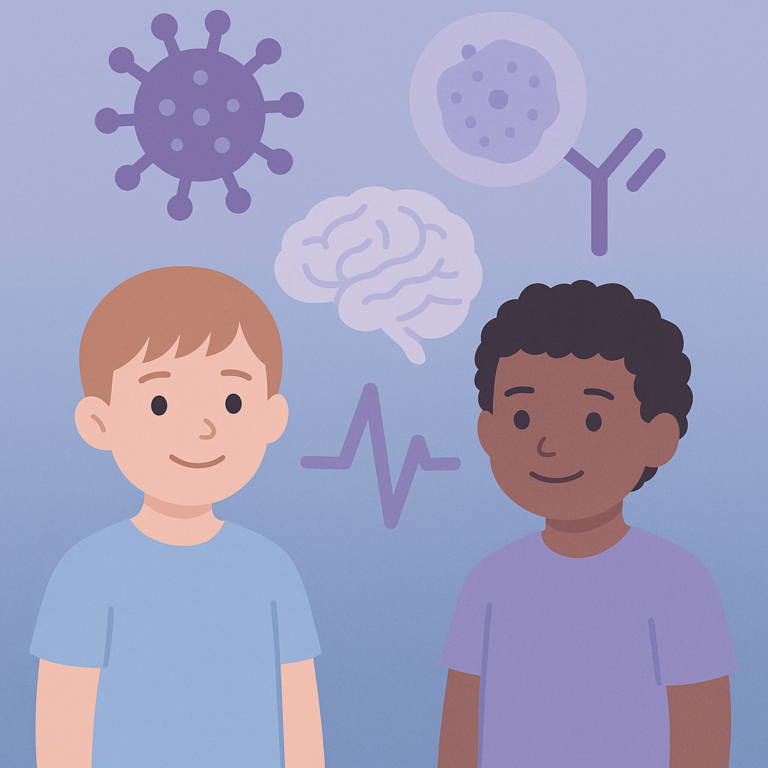Supporting Kids with Chronic Illness in School Settings
Source: Healthcare (Basel, Switzerland)
Summary
This study looked at how schools can support children and teenagers with chronic health conditions, like epilepsy, asthma, and ADHD. Researchers reviewed 28 different studies published between 2010 and 2025 that focused on school-based behavioral and psychosocial interventions for students aged 5 to 18. They wanted to understand how these interventions help students feel included and cared for in their educational settings.
The key findings showed that many of these interventions led to positive changes. Students often experienced better control of their symptoms, improved attendance, and higher academic performance. Additionally, the studies highlighted how these interventions changed the way schools operate, encouraging a more inclusive environment where everyone shares the responsibility for caring for students with chronic illnesses.
This research is important because it emphasizes the need for schools to adapt and support all students, especially those with chronic health issues. However, the study also has limitations, such as the need for more long-term research and the involvement of young people in creating these interventions. Understanding these factors can help schools become more responsive and inclusive for all students.
Free: Seizure First Aid Quick Guide (PDF)
Plus one plain-language weekly digest of new epilepsy research.
Unsubscribe anytime. No medical advice.





